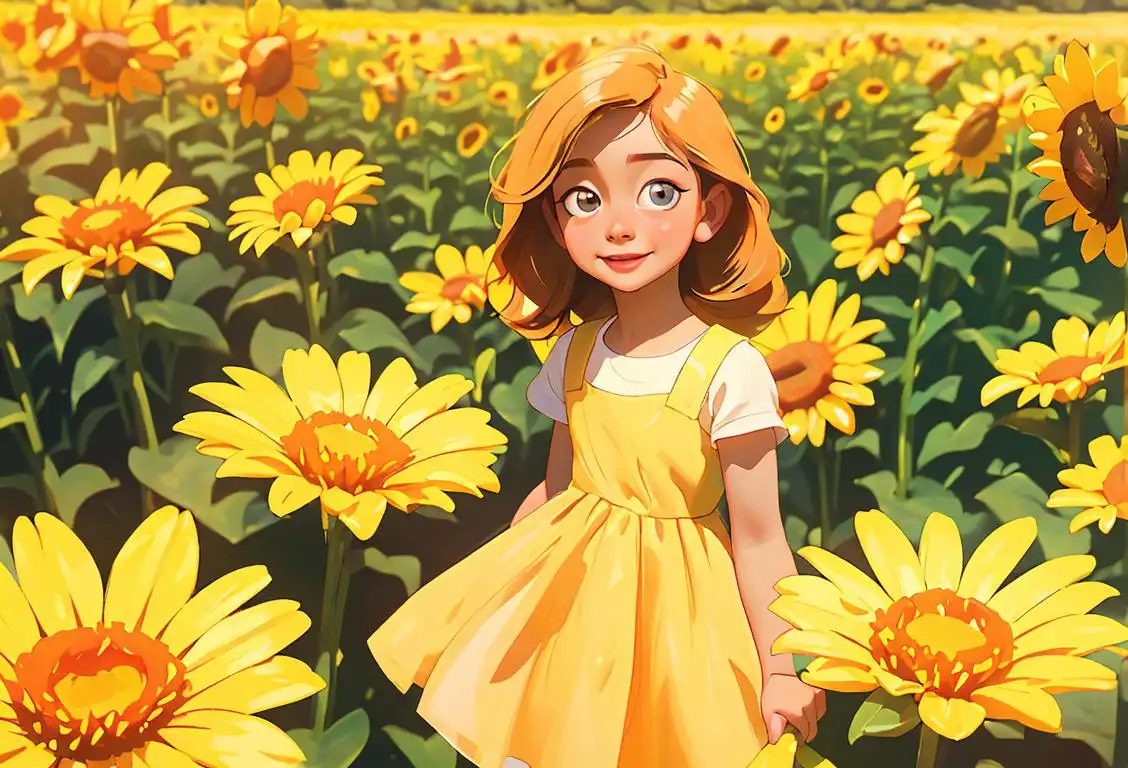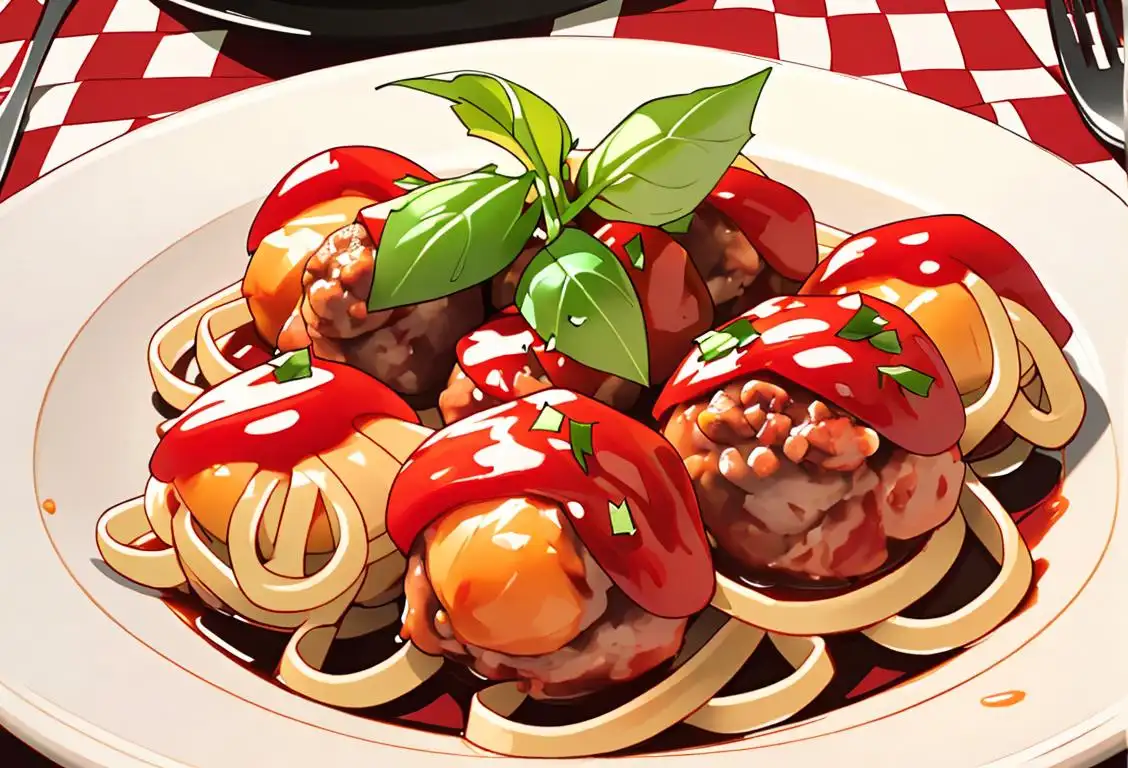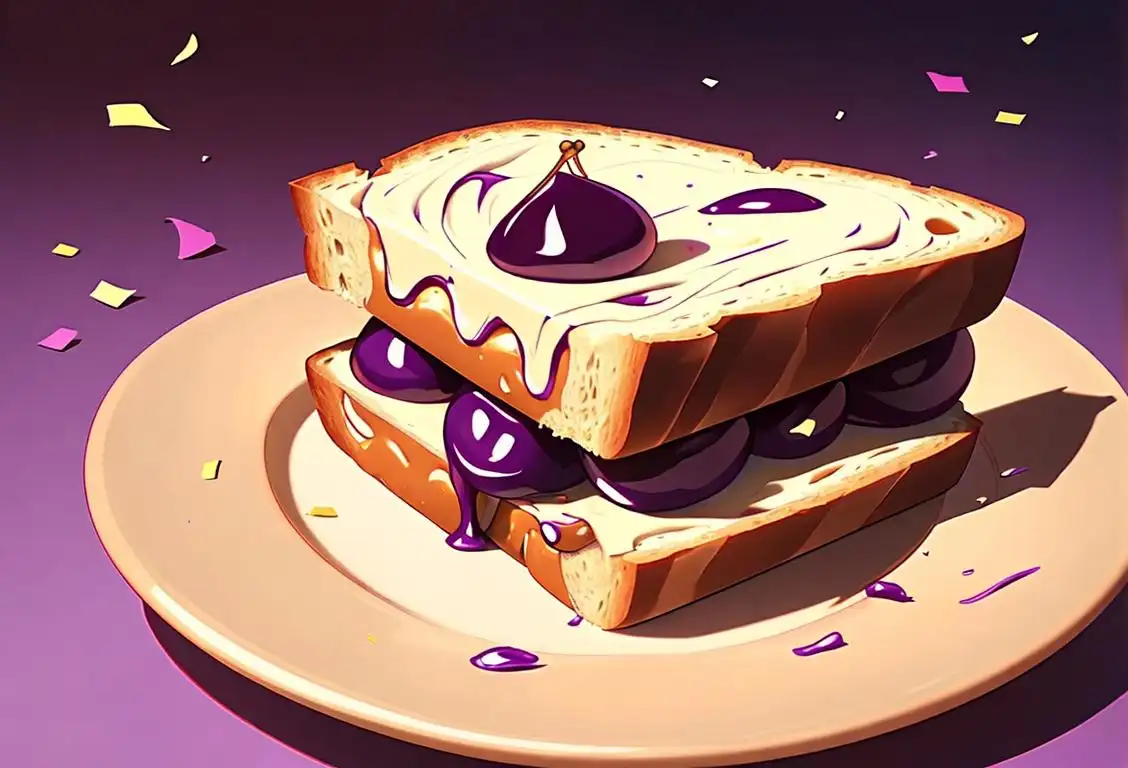National Honey Bee Day

Did you hear the buzz? That's right, it's National Honey Bee Day. A day swarming with admiration and respect for our little striped friends, the bees. Be 'bee'sy celebrating these tiny warriors who literally keep the world spinning, one flower at a time! Our records show a whopping 4768 online mentions of this special day, and it seems like the hive really came alive on August 18, 2018, with the highest number of mentions.
When is Honey Bee Day?
It's national honey bee day on the 18th August.
A Bit of Backstory
Not pollen your leg, National Honey Bee Day has been celebrated since 2009. This holiday was made official by the US Agriculture Secretary, Thomas Vilsack, to honor these tiny creatures who contribute so 'bee'g-time to our ecosystem and economy.
'Bee'ware of their Importance
Don't get 'stung' by ignorance! Honey bees are not just about honey; they play a vital role in pollination, thus supporting diverse ecosystems and food production. So, besides satisfying your sweet tooth, they are also feeding the planet!
Join the 'Swarm'
Get 'buzzed' and celebrate on your social media platforms, spread awareness and love for these black and gold insects. Together we can make a colony of difference!
A Day to Remember
August 18, 2018, proved to be an all-time 'bee-autiful' day with the highest number of online mentions the National Honey Bee Day has ever had. Truly a day that had the cyber hive abuzz!
History behind the term 'Honey Bee'
4000 BC
Ancient Beginnings
The term 'honey bee' finds its roots in ancient history, with humans interacting with bees as early as 4000 BC. In ancient Egypt, beekeeping was considered an important practice, with honey being highly valued for its sweetness and medicinal properties. The Egyptians referred to honey bees as 'bit,' meaning honey insect.
500 BC
Greek Influence
Greek civilizations took a keen interest in honey bees around 500 BC. The Greek term for honey bee is 'melitta,' derived from the Greek word 'mel' meaning honey. The Greeks admired the industrious nature of bees and associated them with gods and goddesses, such as Artemis, the goddess of hunting and wild animals.
1609
Scientific Classification
In 1609, the Italian naturalist and physician, Francesco Stelluti, published a scientific description and classification of honey bees. He used the Latin term 'apis mellifica' to refer to honey bees, where 'apis' means 'bee' and 'mellifica' means 'producing honey.' This marked a significant step in understanding and categorizing the species.
1853
Langstroth's Hive Design
In 1853, Reverend Lorenzo L. Langstroth, an American apiarist, developed the Langstroth hive, a revolutionary design that allowed beekeepers to easily access the honey without disturbing the entire hive. This invention revolutionized beekeeping practices and led to increased beekeeping activities, contributing to the popularization of the term 'honey bee.'
1927
Usage Standardization
The term 'honey bee' became widely adopted and standardized in usage by the scientific and beekeeping communities in the early 20th century. As the interest in apiculture grew, researchers, beekeepers, and enthusiasts began consistently referring to the species collectively as 'honey bees.' This standardization helped establish a unified understanding and communication about these remarkable insects.
Did you know?
The queen bee is the busiest in the summer months, when the hive needs to be at its maximum strength. She will lay up to 2,500 eggs per day. More honey for us!Tagged
awareness food fun rememberanceFirst identified
7th August 2015Most mentioned on
18th August 2018Total mentions
4768Other days
Meatball Day
Fast Food Day
Shrimp Day
Biscuit Day
Peanut Butter And Jelly Day
First Responders Day
Cheese Lovers Day
Agriculture Day
Pumpkin Day
Trivia Day









